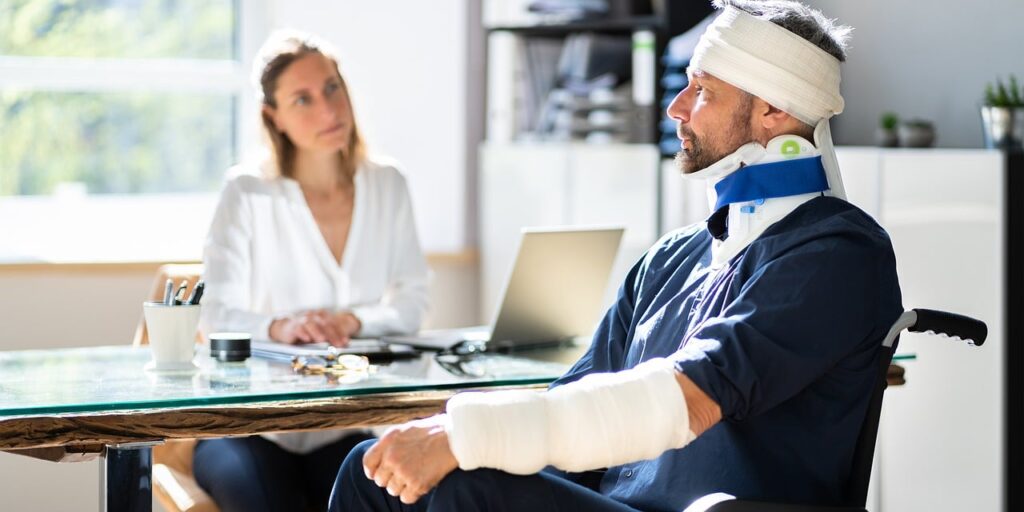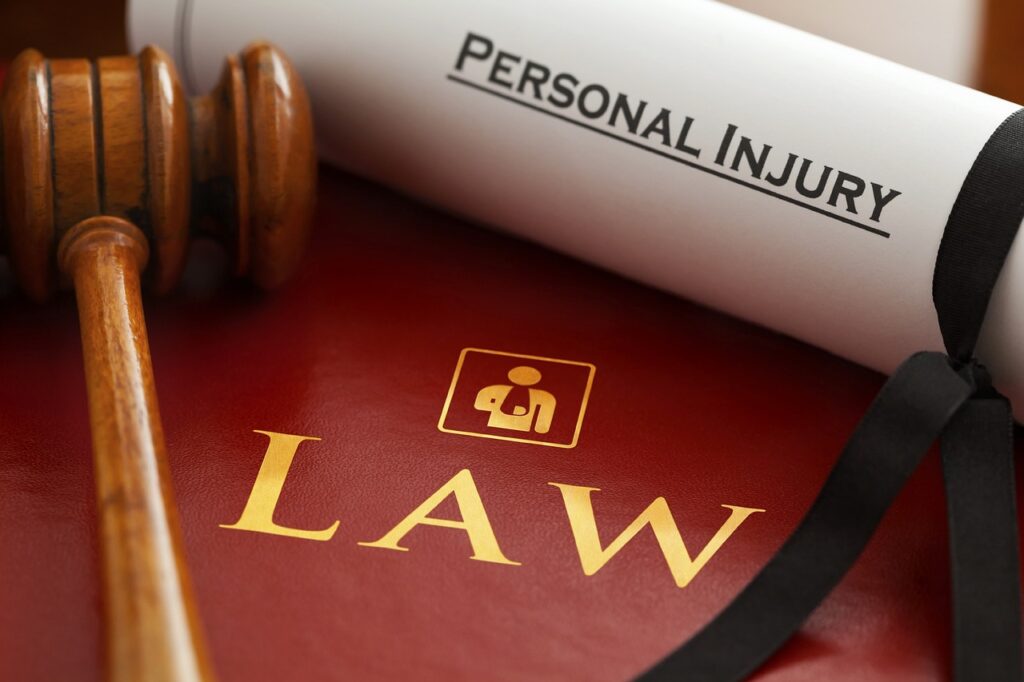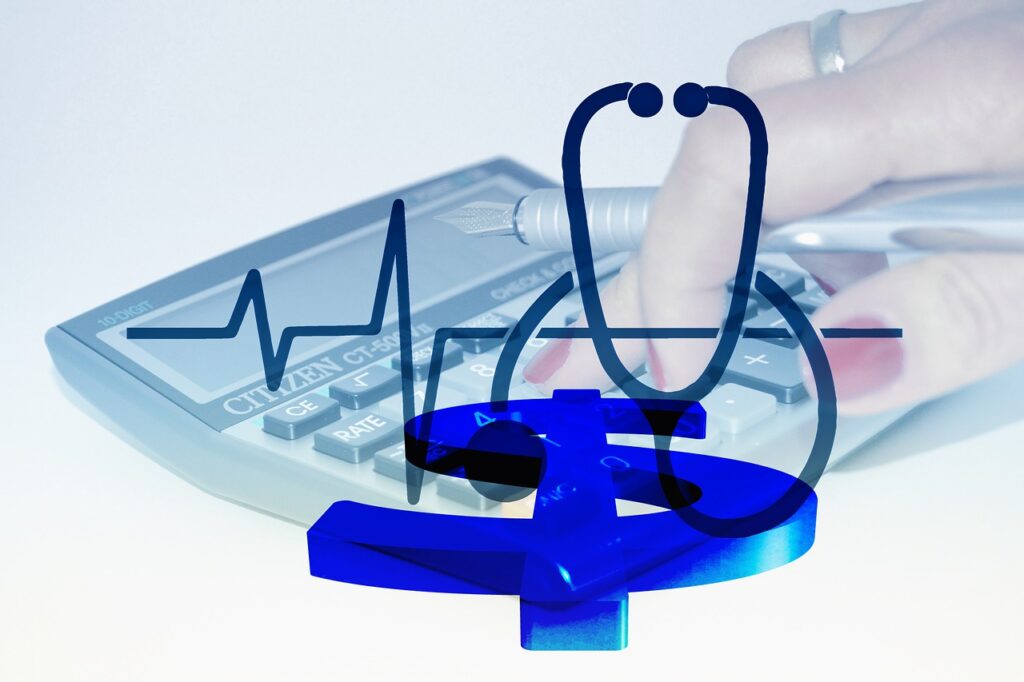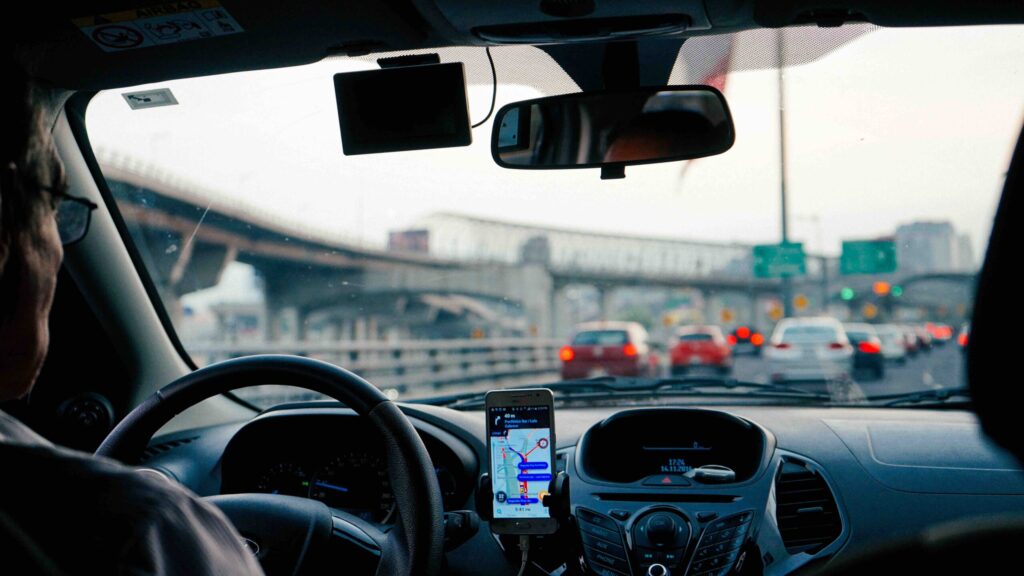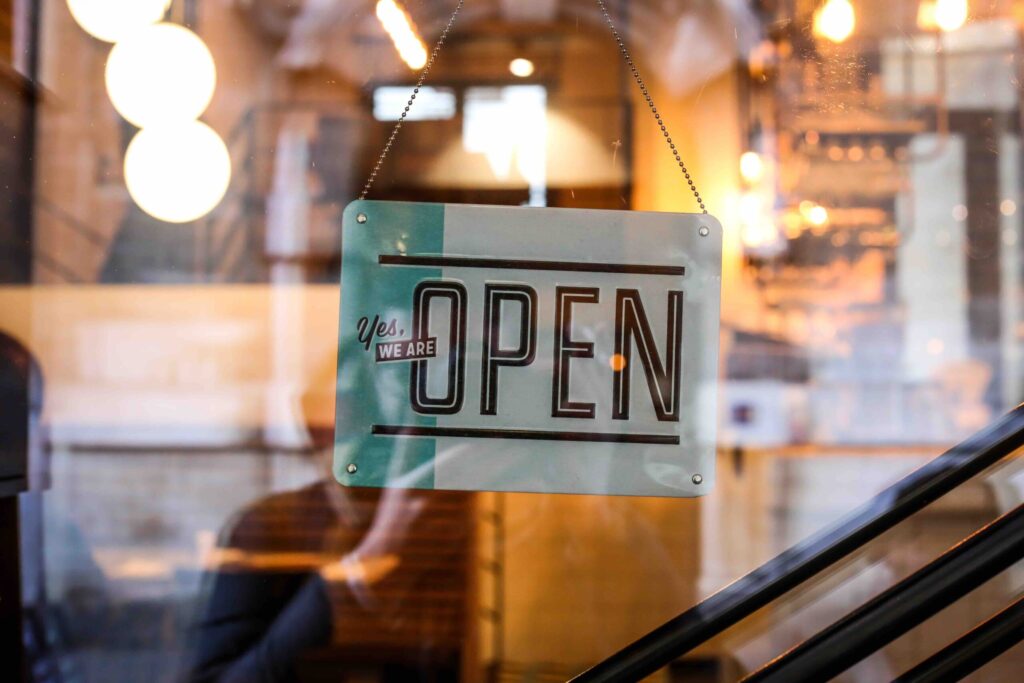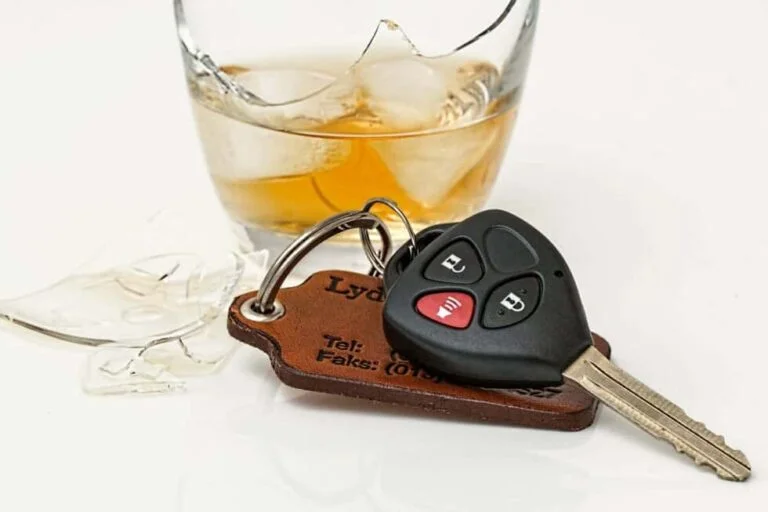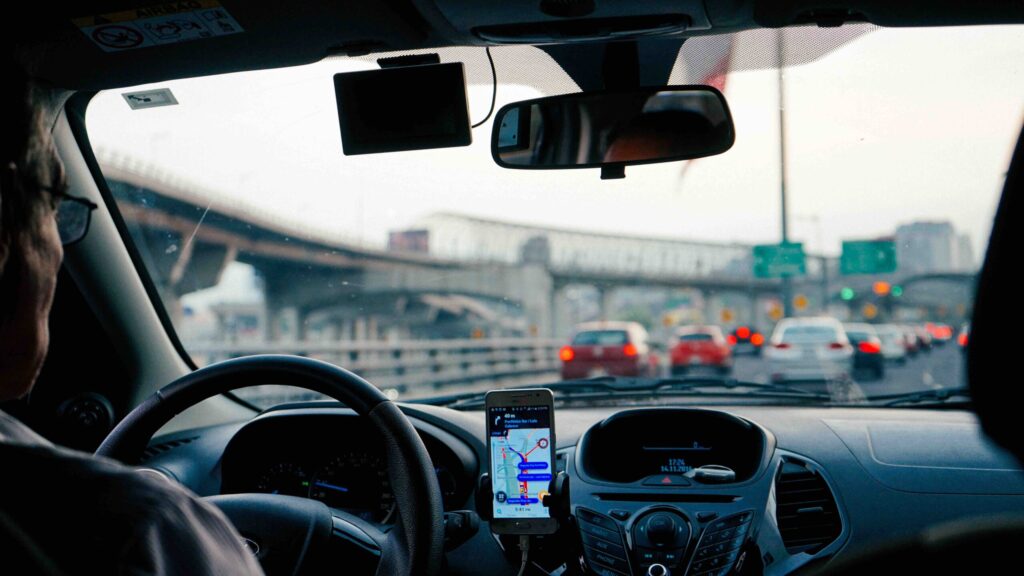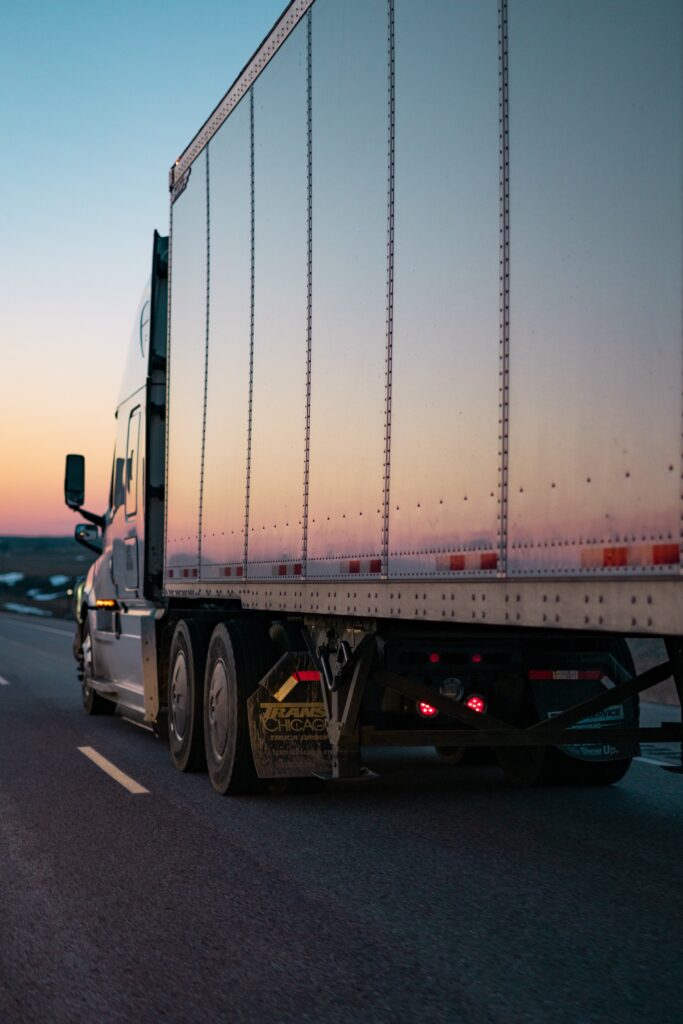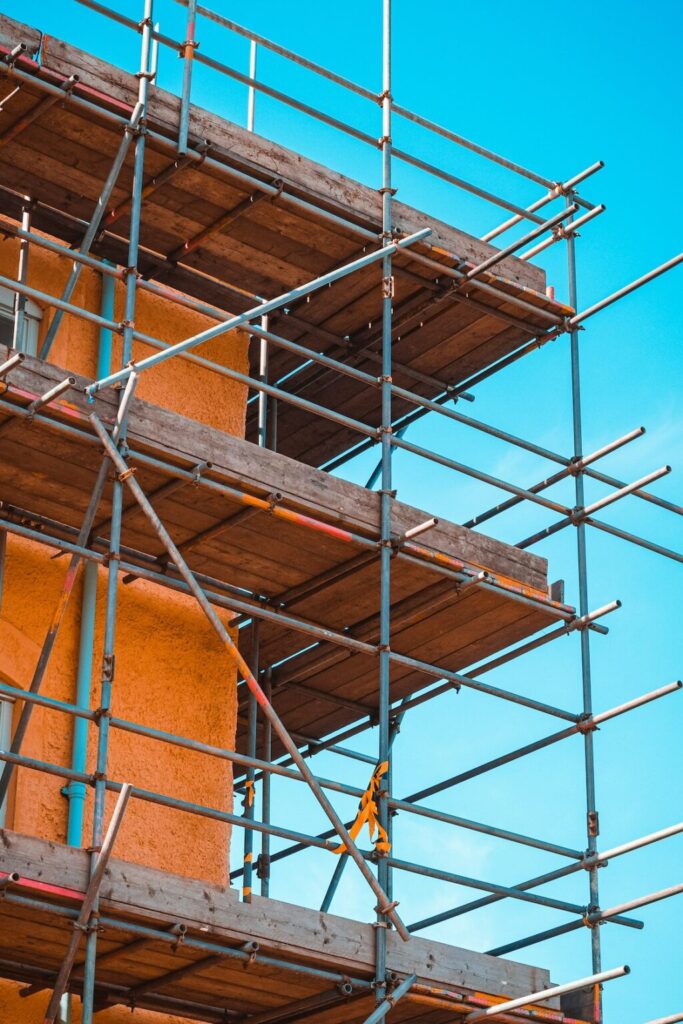Should I Hire a Personal Injury Attorney?
When you’re involved in an accident and suffer injuries due to someone else’s negligence, one of the first questions that might cross your mind is whether you should hire a personal injury attorney. Navigating the aftermath of an accident can be overwhelming, and deciding to seek legal help is a critical step in ensuring you receive the compensation you deserve. Here’s why hiring a personal injury attorney can be a wise decision. Expertise and Guidance Personal injury law is complex and varies by state. An experienced personal injury attorney provides valuable guidance through this intricate legal landscape. They understand the nuances of the law and can help you build a strong case. From gathering evidence to negotiating with insurance companies, a lawyer’s expertise can significantly impact the outcome of your claim. For instance, an attorney can help you understand the statute of limitations for filing a claim in your state, the types of damages you may be entitled to (such as medical expenses, lost wages, and pain and suffering), and the legal standards for proving negligence. This guidance ensures that you take the right steps at the right times, avoiding costly mistakes that could jeopardize your claim. Insurance Companies Have Lawyers It’s important to remember that insurance companies are businesses focused on minimizing their costs and maximizing their profits. When you file a claim, the insurance company will have experienced adjusters and lawyers working to protect their interests. Without legal representation, you’re at a significant disadvantage. Insurance adjusters are trained to minimize payouts and may use tactics such as offering quick, lowball settlements or trying to get you to admit fault. An experienced personal injury attorney knows these tactics and can counter them effectively. They can handle communications with the insurance company on your behalf, ensuring that your rights are protected and that you don’t inadvertently say something that could harm your case. Better Compensation Outcomes Statistics consistently show that individuals who hire personal injury attorneys tend to receive higher settlements than those who try to handle their case alone. An attorney’s experience in negotiating with insurance companies and their understanding of the value of different types of claims play a significant role in this. For example, a skilled attorney can accurately calculate the full extent of your damages, including future medical expenses and lost earning potential, which you might overlook on your own. They can also present compelling evidence and arguments to demonstrate the severity of your injuries and the impact on your life, which can lead to a higher settlement. An experienced injury attorney will know what other people with similar injuries have received and can let you know if a settlement is fair. Moreover, if the insurance company refuses to offer a fair settlement, an attorney can take your case to court. The threat of litigation often motivates insurance companies to settle claims more favorably to avoid the costs and risks associated with a trial. Peace of Mind Dealing with the aftermath of an accident is stressful. There are medical appointments, bills, potential time off work, and the emotional toll of dealing with pain and trauma. On top of this, trying to navigate a personal injury claim can be overwhelming. Hiring a personal injury attorney provides peace of mind. Knowing that a professional is handling the legal aspects of your case allows you to focus on your recovery. Your attorney will manage the paperwork, deadlines, and negotiations, keeping you informed about the progress of your case and advising you on important decisions. Additionally, having someone on your side who is dedicated to advocating for your best interests can alleviate some of the emotional burden. Your attorney can provide reassurance, answer your questions, and offer support throughout the process, which can be incredibly comforting during a difficult time. No Upfront Costs One concern many people have about hiring a personal injury attorney is the cost. However, most personal injury lawyers work on a contingency fee basis. This means they only get paid if you win your case. Their fee is typically a percentage of the settlement or award you receive. Personal injury attorneys also usually advance the expenses for things like court costs or expert witness fees meaning you don’t have to come out-of-pocket to fight your case. This arrangement makes it financially feasible for anyone to hire an attorney, regardless of their financial situation. It also aligns the attorney’s interests with yours—they are motivated to secure the highest possible compensation for you because their payment depends on it. Conclusion Deciding whether to hire a personal injury attorney is a critical choice that can significantly impact the outcome of your case. An experienced attorney provides valuable expertise and guidance, levels the playing field against insurance companies, and can help secure a higher settlement. Moreover, the peace of mind that comes from having a professional handle your claim allows you to focus on what matters most: your recovery. If you’re unsure whether you need an attorney, consider giving us a call at (225) 725-6000 to schedule a free consultation with an experienced personal injury lawyer. You can also click here to contact us. Remember, the stakes are high, and having a dedicated advocate on your side can make all the difference in achieving the justice and compensation you deserve.

